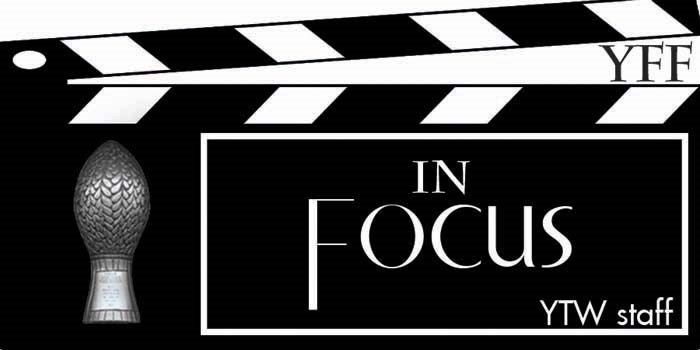Did Al Capone hang out in Saskatchewan?
That is the question posed by a 2015 documentary about the legendary gangster produced and directed by Regina filmmaker Kelly-Anne Riess.
Although the film was not screened, nor nominated for an award, at the 2016 Yorkton Film Festival, it was a selection and it certainly has local relevance. Several Yorkton residents make appearances and there is a good deal of footage from the city, including the “catacombs” of this newspaper’s building.
Moose Jaw, of course, has laid claim to the notorious gangster to build an entire tourist industry, trading on the moniker “Little Chicago,” which it earned in the 1920s for being a distribution hub for the illegal booze trade between Canada and the United States.
There is little question that Saskatchewan was heavily invested in supplying whiskey to our parched American neighbours.
Riess explores this alleged connection thoroughly, tracing the routes the liquor traveled and the people who distilled and sold it. She tells the eyewitness stories of people such as a barber who claims to have cut Capone’s hair (twice) and a dentist, who allegedly pulled the gangster’s wisdom teeth.
Yorkton, as home to the Bronfmann whiskey legacy, plays a large role in this story.
In the film, the story is narrated by Leon Willey, a British Columbian actor. Willey, in period costume, interviews various people who claim personal knowledge of people who had personal contact with Capone in various places in the province.
He also talks to historians and authors who add some expert credibility to the potential connection and visits archives that hold the clues to Saskatchewan’s dark past.
The gaps are filled with cleverly designed graphics with an old-time look and unobtrusive re-enactments.
But, while Riess impeccably documents the booze trade, which is historically undisputed and makes a strong case for Capone’s gang being here, such as the robbery and killing of a Bronfmann brother-in-law at Bienfait, the man himself remains elusive.
After his arrest, when probed about his Canadian affiliations, Capone famously said, “I don’t even know what street Canada is on.”
That, of course, is an evasive quip. There is no question he go whiskey from here, but whether he actually spent time in Saskatchewan remains for the viewer to decide.
While the Yorkton Film Festival jury did not deem it worthy of screening, the documentary is definitely worth watching, particularly for the local connection.
This film was made for CBC Television’s Absolutely Canadian and aired last summer.
It is currently available for streaming on the CBC’s website.



